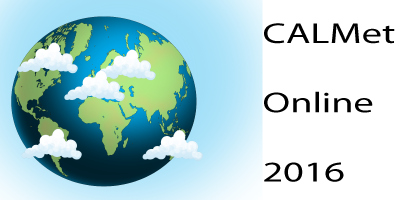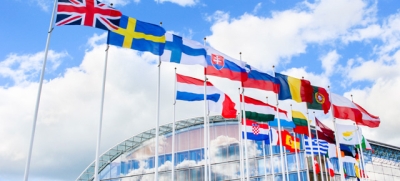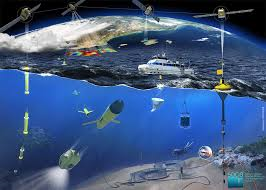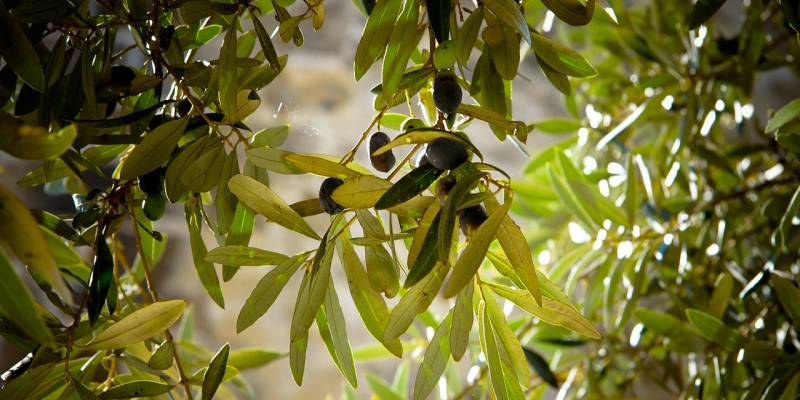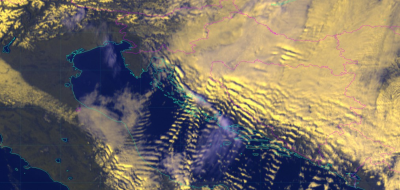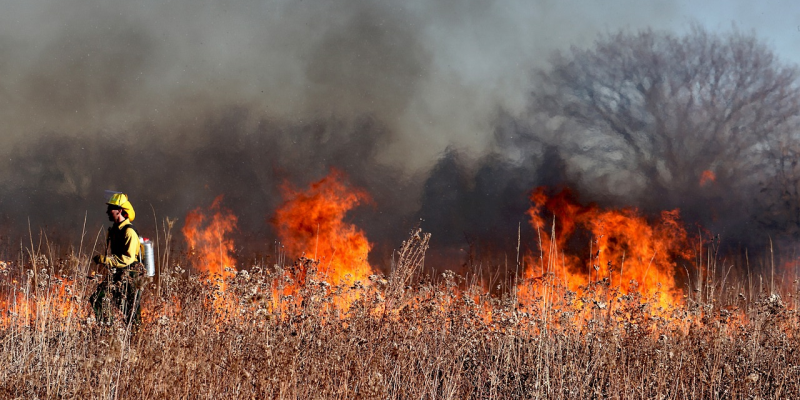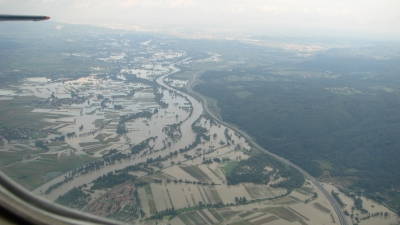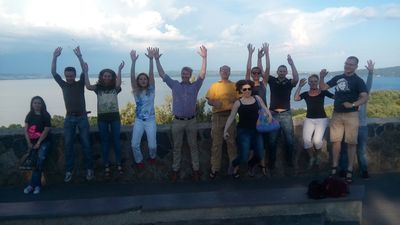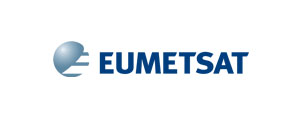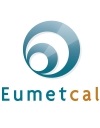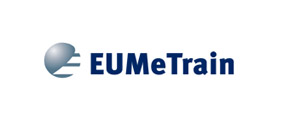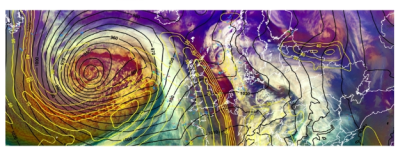
The EUMeTrain Course on Synoptic and Mesoscale Analysis of Satellite Image
4 Oct - 2 Dec 2016 / Online; 28 Nov - 2 Dec 2016 / LangenThis is a blended course — nine topics during the online phase (asynchronous self study); live presentations and a one week classroom phase.
The classroom phase will take place from 28 November to 2 December 2016 at the training centre of the DWD in Langen.
There are two ways you can join this course: as an only online participant or as a participant in both the online phase and the classroom phase. This way we hope to enable more people to join the course.
Seven trainers will contribute to the online part. Fve will attend the classroom phase in Langen, in order to teach the students, and to guide them through the exercises and group work.
During previous courses many students were very active in the forum, yielding an intense exchange of experiences and ideas. We hope to achieve this positive result again this year. To see how much the students have learned during the lessons, students will have to do their homework and quizzes, and at the end of the classroom phase take a final test.
Application deadline is June 22nd. More information and a course application form can be found on EUMeTrain and Eumetacall webpage.
